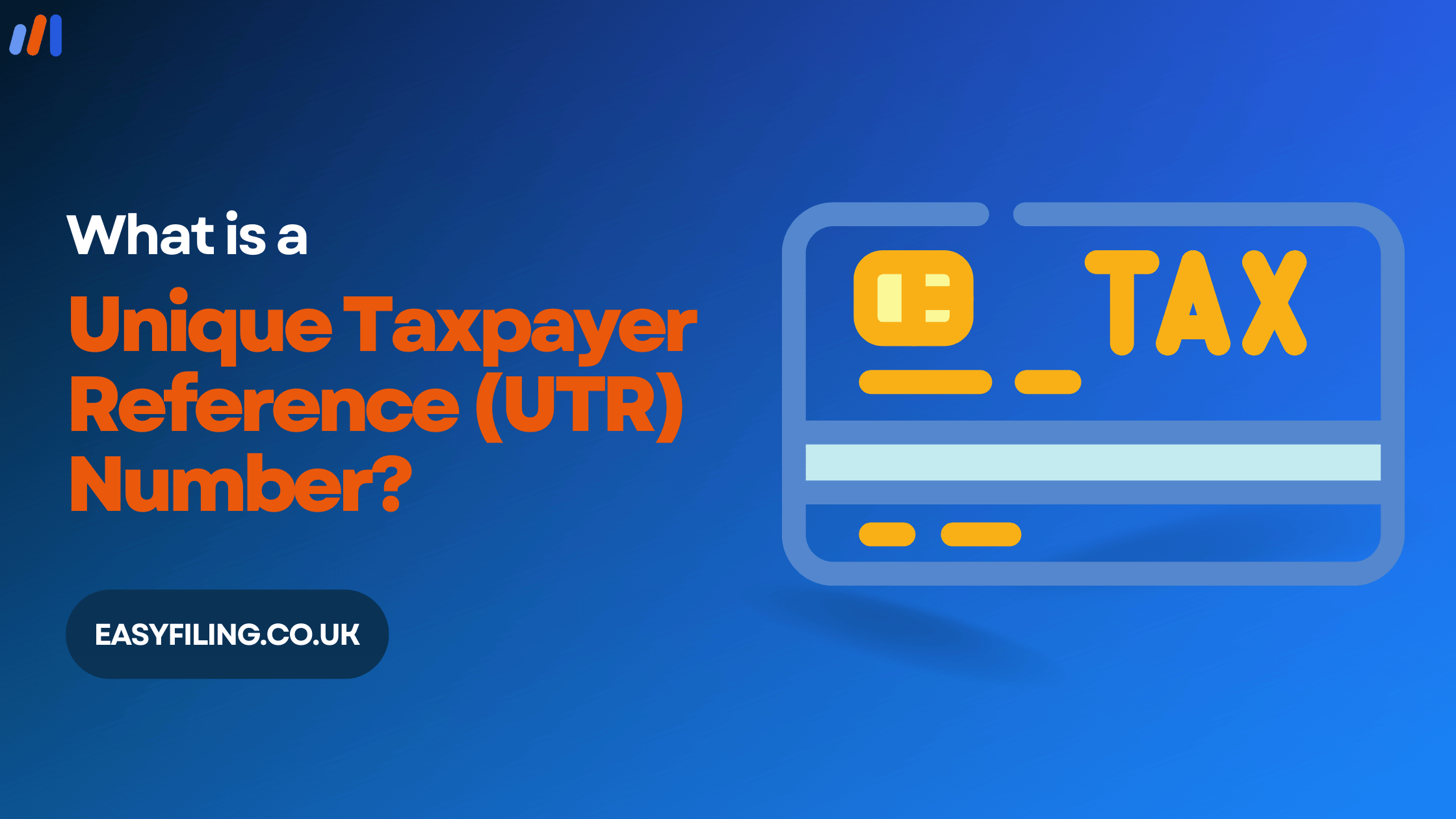Setting up a business in the UK is a major and exciting step toward being an accomplished entrepreneur, whether you are opening a small local store or planning to launch a global business. The UK provides a lively market with diverse opportunities, but understanding the necessary processes and legalities is vital for navigating this path successfully.
From choosing the appropriate type of enterprise such as sole proprietorship, partnership, or private limited company (Ltd) through registration at Companies House and obtaining necessary licenses. Also, it is important to think about factors like market research; sources of finance as well as tax obligations.
This comprehensive guide will help you form your business in the UK while providing insights into some of the key procedural steps and best practices that can facilitate a smooth start-up process.
How to Form Your Business in the UK
1. Choose Your Business Structure
The first stage in forming your company is selecting an appropriate legal structure. The main types of business structures available in the UK include:
Sole Trader: It involves running a business on your own where you have total control but also bear full personal liability for debts incurred by your business.
Partnership: This means two or more people jointly operating a single business who share its profits, responsibilities, and liabilities which may encourage cooperation but lead to disagreements without proper arrangements.
Limited Liability Partnership (LLP): Offers a combination between partnerships and companies whereby members have limited liability with flexible management and tax treatment.
Private Limited Company (Ltd): A distinct entity from its owners that has limited liability protection so that personal assets are shielded from company debts, and shares can be privately sold off.
Public Limited Company (PLC): These can sell shares to the public along with having minimum share capital thus giving them better access to capital markets albeit having to conform to stricter regulation and transparency requirements
Each of these structures has its advantages and disadvantages, so it’s important to look out for things like risk exposure, taxation implications as well as financial requirements when selecting one that matches most appropriately with your business objectives.
2. Register Your Business Name
The next step after you have decided on the business structure is to come up with a unique name for your company. Before you choose any business name, make sure that it is currently not being used or one that sounds similar to existing firms. This can be done through Companies House which is the official record keeper of businesses in the UK.
- The name must comply with UK naming rules and should avoid sensitive words and expressions unless permission has been granted to use them otherwise legal challenges may occur.
- Consider protecting your brand identity by registering a trademark so that no other firm can use your business name or anything close to it within your industry.
3. Register with Companies House
For limited companies, registration with Companies House is required. This part needs specific documents prepared either online or by post:
- A registered office address in the UK that acts as an official address for receiving communications.
- Information about company directors and shareholders such as their roles and stakes in ownership respectively are also needed.
- Memorandum of Association (agreement to form the company) outlining the purpose of the company
- Articles of Association (rules governing the internal management of the company) which control how will a company run internally
Following successful registration, you will receive a Certificate of Incorporation confirming that your organization is established legally and hence can trade under its chosen name.
4. Establish a Business Checking Account
To maintain accurate financial records, you must separate your finances from the company’s money. When you set up a business bank account, you can easily handle issues related to taxes, payments, and even financial audits in your firm. Moreover, having a separate business account can help create an impressive corporate image among clients and suppliers alike.
To open an account, these are the usual requirements:
Proof of Identity: This is a must for all directors/partners in the business. To prove who you are you can use identification documents such as a passport or driver’s license.
Proof of Address: Banks need evidence of your current address to establish your residency. Such documents may include recent utility bills, bank statements, or lease agreements all of which must be dated within the last three months.
Business Documentation: Making sure that your business documentation is ready is important. It might be your certificate of incorporation if it’s a limited company or a partnership agreement if you’re in a partnership. These confirm the legal status and structure of your business.
Completed Application Form: The next step involves filling out an application form provided by your chosen bank. This form will contain information about such aspects of your business as its nature, financial forecasts, and the expected transaction size.
5. Register for Taxes
Depending on what kind of structure you have set up for your business, several taxes could apply to you including:
Corporation Tax (for limited companies): Must be registered within three months of starting up and is levied on a company’s profit.
Value Added Tax (VAT): Required when taxable turnover exceeds certain threshold amounts requiring accurate records and periodic submission of VAT returns.
Pay-As-You-Earn (PAYE): Required when hiring employees so that their income tax and National Insurance contributions can be managed effectively.
Getting familiar with tax obligations early on will help protect you from penalties and keep HMRC compliance intact.
6. Understand Your Legal Obligations
Familiarize yourself with UK legal obligations that come with having a business such as:
- Health and safety regulations require the provision of a safe working environment for employees and customers alike.
- Employment law outlines what employers should do in case they want to employ people including contracts, terms & conditions, etc.; employee rights; dismissal; etc.
- Data protection laws, particularly if your business handles personal data, as you’ll need to comply with the General Data Protection Regulation (GDPR) to protect customer information.
What is the cost of registering a company in the UK?
The cost of registering a company in the United Kingdom can greatly differ depending on how you do it. The following is an outline:
Online registration: This is the cheapest method at £12. It enables you to easily and quickly complete the registration process through the Companies House website. It normally takes about one day for this method to be processed.
Postal registration: For those who like mailing their application, this method costs £40. Although it can take longer time to process i.e. around eight to ten days, it may be a good option for people who want to submit hard copies.
Same-day service: For individuals who need speedy registration of their companies, same-day services cost £100. This option especially works well for entrepreneurs whose businesses must start right away or have urgent needs because they can guarantee that your application will be reviewed by the end of the day.
Conclusion
For you to establish a successful business in the UK, there are several strategic steps involved. Such steps include selecting the right business structure, registering your company with relevant bodies, and familiarizing yourself with the country’s legal obligations. By planning well and executing this plan, you can make your entrepreneurial vision come true. Connect with Easyfiling and Start your UK business today!
Frequently Asked Questions (FAQs)
Must I register my business at Companies House?
You must register your business with Companies House if you are starting a limited company or a limited liability partnership (LLP). Sole traders and conventional partnerships are not required to be registered with Companies House but, they should inform HMRC.
Can a non-resident register a business in the UK?
Yes, someone living outside the UK can set up a business. Non-UK residents can establish companies in the country and there are no restrictions on foreign ownership. However, non-residents may need to appoint a registered office address in the UK and comply with local regulations. For successful navigation of this process, one might find it helpful to get legal or professional advice.
How long does it take to start a business in the UK?
Typically, online applications take about 24 hours to process while postal ones take between 8-10 days. Where errors appear on the form, they must be corrected and returned for re-submission at the company’s house thus causing delays which may incur extra costs.







